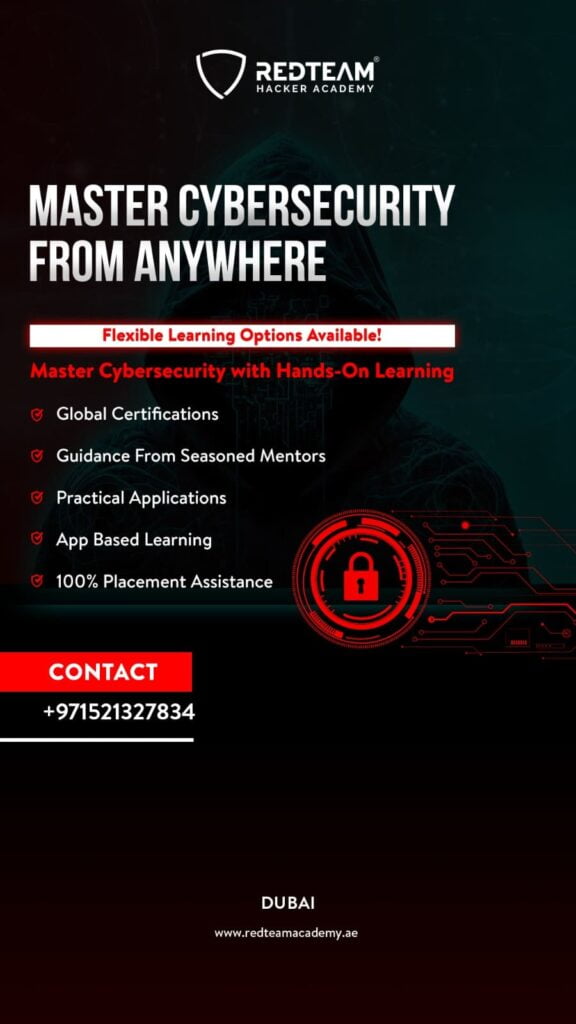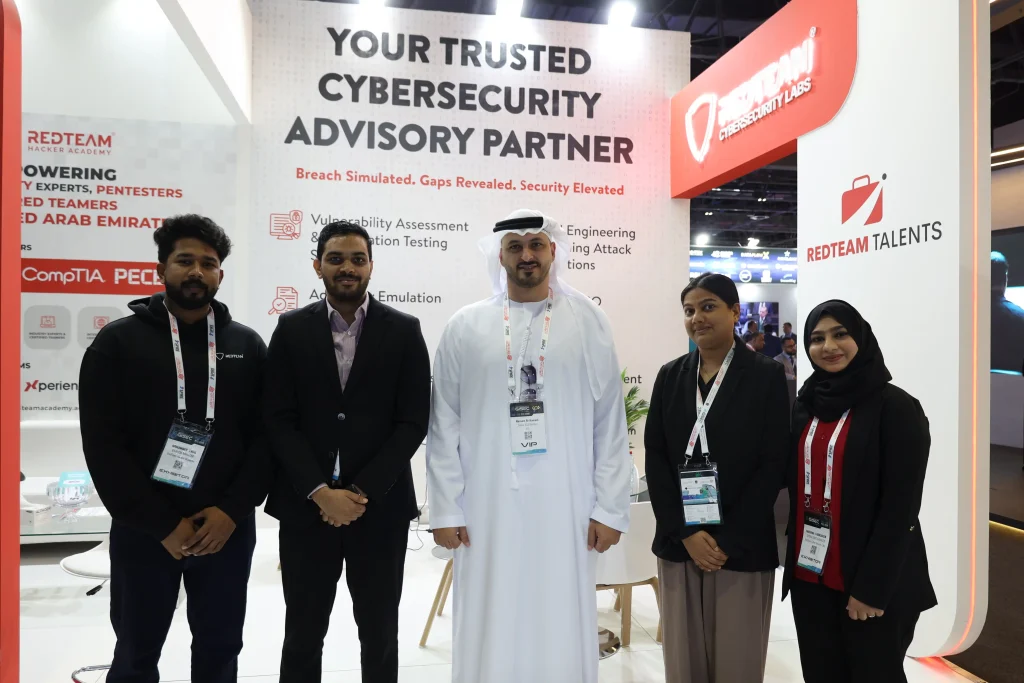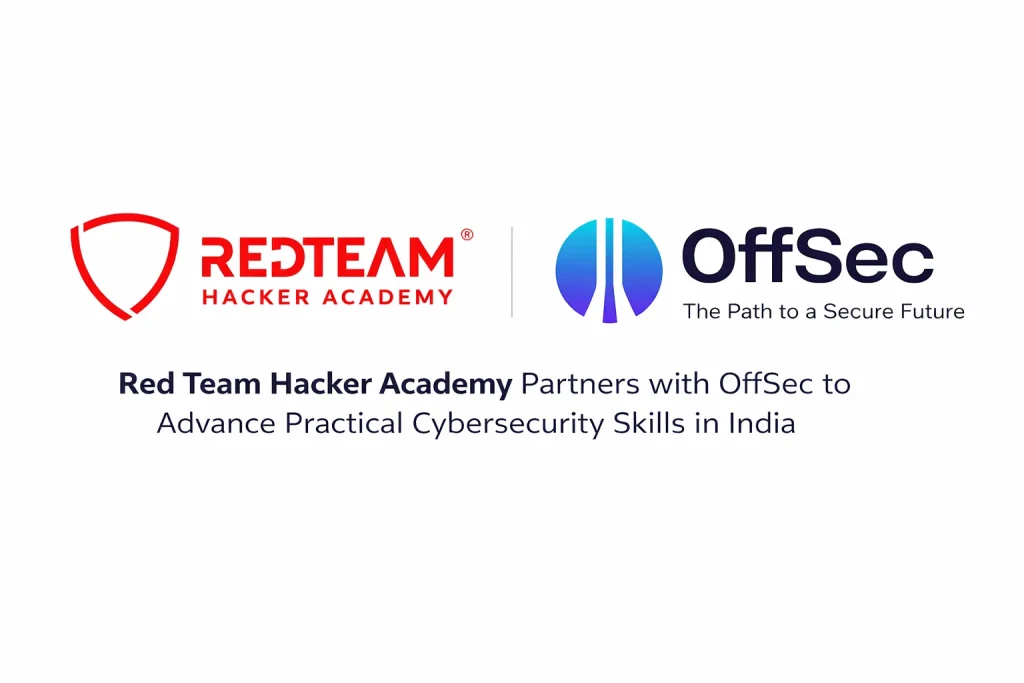Table Of Contents
1. CompTIA “core” certifications
2. (ISC)² Security Certified Practitioner (SSCP)
3. CCNA
4. GSEC
5. EC-Council Certified Ethical Hacker (CEH)
Entry-level Information Security Certifications
Cybersecurity is an appealing career choice for many reasons. You will have access to a vast array of employment opportunities in this domain, which is undoubtedly the most influential factor in making career decisions in this field. Despite this wonderful perk, there are many other compelling reasons to consider a career in cybersecurity
As the daily news headlines pop up with breach after breach, it is obvious that every firm needs a strong team of expert cybersecurity specialists and thus cybersecurity has become a core component of any organization. Since every breach is unique, cybersecurity experts must stay up to date on the latest technological developments. It opens up a whole world of unlimited learning opportunities once you decide to make a career in this field.
There are many different technologies, as well as fresh cyber threats, to handle. You will require a wide range of abilities and backgrounds to fix each one of them. Every new technology introduces new vulnerabilities, necessitating the formation of a strong cybersecurity team. Cybersecurity will continue to have an impact on our daily lives in the material realm as well as the digital one.
It is at this point that obtaining certifications becomes a prerequisite for demonstrating your proficiency in the field of information security. For many employers, certifications are an appealing method of proving that you possess the necessary knowledge of the field and are capable of making your resume stand out. Here are five entry-level information security certifications that can help you get started.
1- CompTIA “core” certifications
In order to comprehend how to secure a network, you must begin with a deep understanding of how networks function. CompTIA is intended to build the skills you’ll acquire throughout your first two years of employment in the IT and cybersecurity fields.
CompTIA A+ and compTIA Network+ certifications
Those seeking their first certification can begin with the CompTIA A+ and CompTIA Network+ certifications. These are moreover like a general education. CompTIA A+ certifies one’s ability to install, operate, and troubleshoot skills. Whereas CompTIA Network+ deals with designing and implementing functional networks, managing, maintaining, and configuring networks, using switches and routers effectively, various network configurations, and implementing information security policies and procedures into practice.
CompTIA Security+
It is recommended that every IT professional who deals with security must earn the CompTIA Security+ certification as their first security certification since it serves as a launching pad for beginners. This globally trusted, vendor-neutral certification validates the core security functions and skills necessary for an entry-level IT security career. In a nutshell, Security+ stands for all of the skills and knowledge needed by entry-level information security professionals to launch a fruitful career.
A CompTIA Security+ certificate holder is able to
● Establish the security level in an enterprise environment, then recommend the required security measures.
● Inspect and secure hybrid settings, such as cloud, mobile, and IoT
● Observe all applicable laws, regulations, and rules, as well as the concepts of governance, risk, and compliance.
● Identify security events and incidents, assess them, and take action.
2- (ISC)² Security Certified Practitioner (SSCP)
The SSCP certification provided by (ISC)2 is somewhat similar to the CompTIA security+ certification. The major difference between these two are, SSCP requires one year of experience, while Security+ requires two years. The SSCP certification is geared towards IT administrators hence it focuses on the administration part. This certification provides evidence that your technical skills and knowledge are advanced enough to implement, monitor, and administer IT infrastructure using security best practices, policies, and procedures.
There is the opportunity to become an Associate of (ISC)2 for those who are expressly interested in more advanced (ISC)2 certifications. In addition to passing the exam, the following (ISC)2 certifications demand several years of experience.
● CAP (Certified Authorization Professional) – requires two years of experience.
● CSSLP (Certified Secure Software Lifecycle Professional ) – requires four years of experience.
● CISSP (Certified Information Systems Security Professional) & CCSP (Certified Cloud Security Professional) – calls for five years of work experience
3- CCNA
Cisco Certified Networking Associate (CCNA) is a vendor-specific certification that covers installing, configuring, and operating Cisco devices. As with Network+, it covers networking fundamentals, but if the jobs you’re applying for use Cisco equipment, you may stand out by getting Cisco’s networking certification. Many large technology companies offer vendor-specific certifications to validate your skill in utilizing their technology. Also, it attests to your proficiency in managing and optimizing today’s most sophisticated networks
4- GSEC
An individual who holds GSEC certification has a solid understanding of best practices for general information security and the methodology required for effective real-world application. Although the GSEC exam is more costly than the other options on this list, it is an excellent choice for an entry-level information security professional. Entry-level information security professionals often have trouble distinguishing themselves from the crowd, so listing your GSEC certification can be beneficial.
5- EC-Council Certified Ethical Hacker (CEH)
An information security expert must possess the necessary knowledge to evaluate a network and identify its loopholes and vulnerabilities. This is what organizations expect from a CEH-certified individual. An organization should house a hacker inside of it in order to defend itself from one. so that they may devise the appropriate responses and anticipate the attacker’s next move from a hacker’s perspective. Candidates must have at least two years of experience working in the information security field in order to sit for the CEH certification exam; if they don’t, they must enroll in an official training program certified by the EC Council.
Why you should have an entry-level certification?
The decision to select a job role among the numerous options within this domain is solely up to you. Wherever you are, you must possess the necessary skills to accept a position in an organization. So these certificates for entry-level positions are crucial. However, it is up to you to select the right option for you. The certifications listed above are the ones novices choose and use the most. Nevertheless, a certification can help you qualify for entry-level roles by demonstrating your knowledge and initiative.













